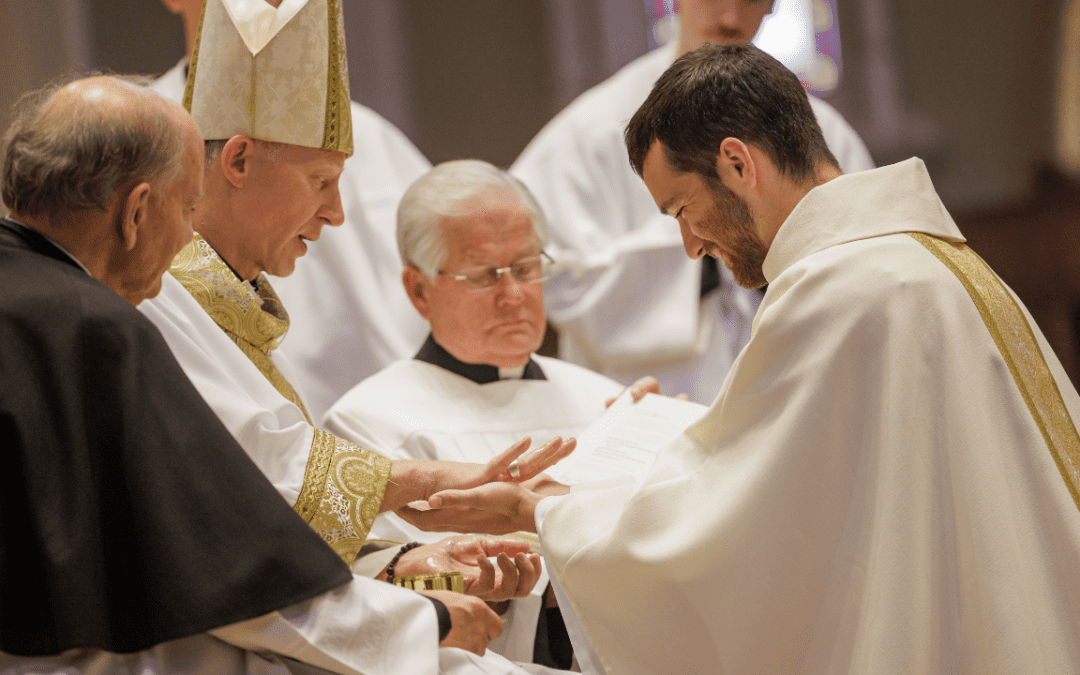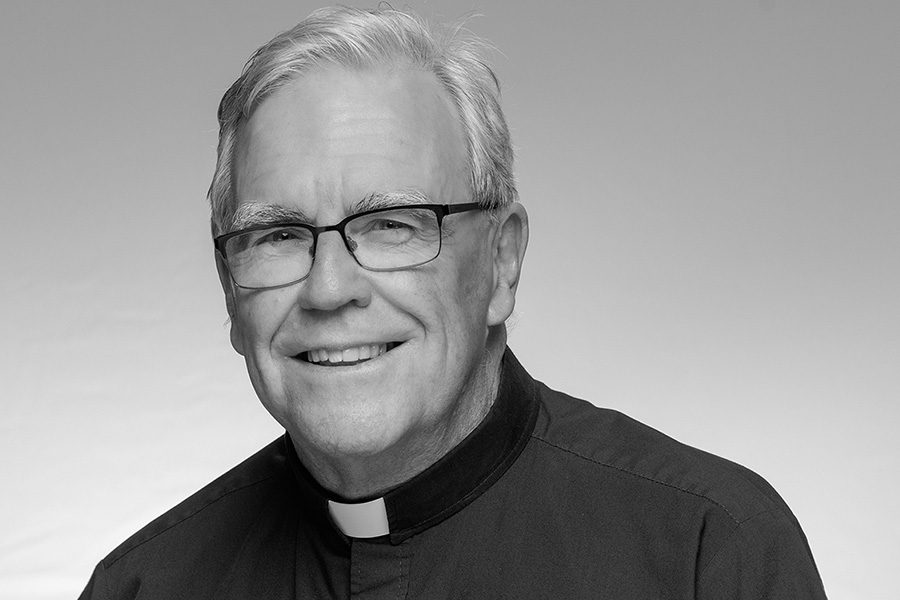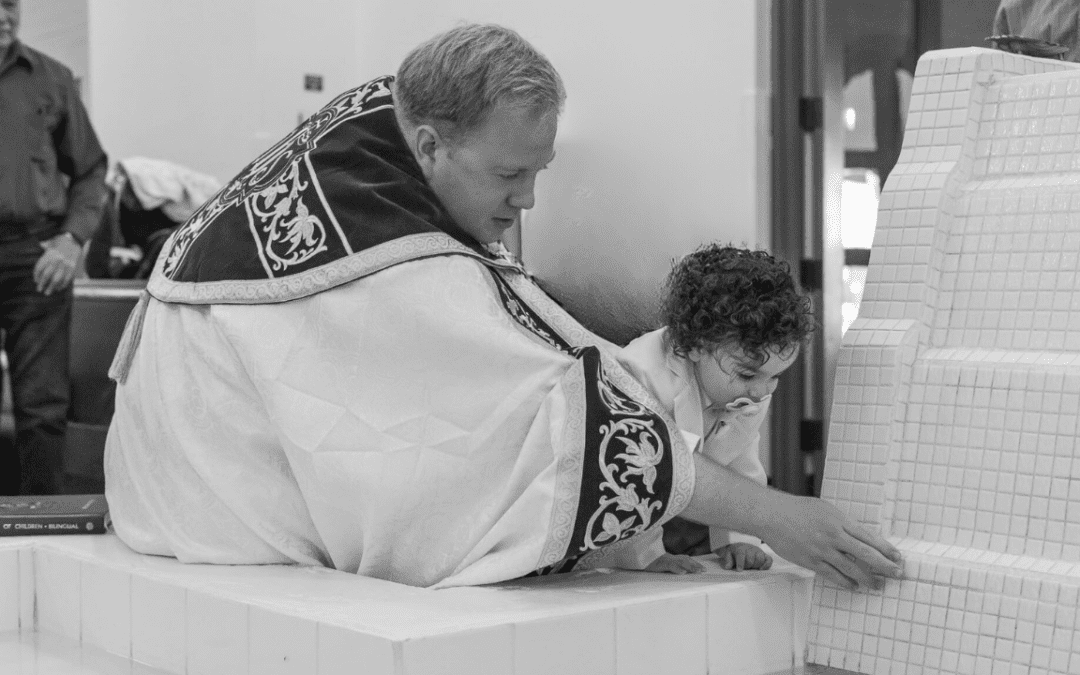University of Notre Dame theologians are reacting to today’s announcement by Pope Benedict XVI that he intends to resign from the papal post at the end of this month.
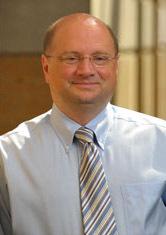
Notre Dame religious historian R. Scott Appleby praised Pope Benedict’s announcement as an act of courage.
“Pope Benedict XVI has acted courageously in announcing his resignation from the papacy at the end of this month,” Appleby said. “He leaves behind a church still staggering from the sexual abuse crisis, weakened by bureaucratic infighting, curial scandals and papal gaffes, and facing by a host of challenges–to which the pope alluded in his statement today.
“To his credit Pope Benedict devoted his considerable intellectual skills to the crafting of three excellent and profound encyclicals bringing together the core of Catholic social doctrine with the depths of the theological tradition, and his energies to “a new evangelization,” which the Church desperately needs.”
Appleby, who directs Notre Dame’s Kroc Institute for International Peace Studies, teaches courses in American religious history and comparative religious movements. His the author of numerous books including “The Ambivalence of the Sacred: Religion, Violence and Reconciliation”; “Church and Age Unite! The Modernist Impulse in American Catholicism.”; and “Transforming Parish Ministry: The Changing Roles of Clergy, Laity, and Women Religious He also is co-editor, with Martin Marty, of the five-volume Fundamentalism Project.”
Contact: Scott Appleby, 574-631-5665, appleby.3@nd.edu
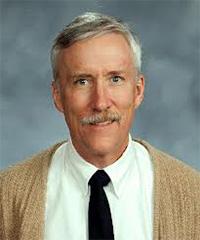
“I think that this is a wise and courageous decision,” said J. Matthew Ashley, associate professor and chair of theology. “Nobody knows better than Benedict the complexity of the global Catholic Church and the resulting demands of overseeing the curial bureaucracy in Rome. While there is no doubt that the papacy has immense symbolic and spiritual power, it is also arguably one of the world’s most taxing administrative positions, and in making this decision it seems to me that Benedict has chosen to prioritize the latter, whereas in his final years John Paul II emphasized the former.
“Of course, this is unprecedented in recent history. It will be interesting to see if and how Benedict chooses to act (or not act) after his resignation. He could very easily continue to exercise in some way the unitive function of the petrine office. Finally, this decision also saves the church from months or even years of speculation about who the next pope will be, which usually creates more heat (and smoke) than light. Catholics everywhere should celebrate this decision and wish the Pope well as he enters the next phase of his ministry.”
Contact: J. Mathew Ashley, 574-631-6662, ashley.2@nd.edu
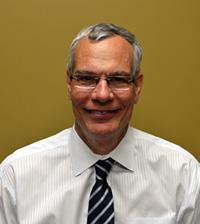
“We are losing a great leader, certainly one of the most sophisticated theological minds to serve as Pope in modern history,” said John Cavadini, professor of theology and McGrath-Cavadini Director of the Institute for Church Life. “His legacy is one of integration on so many fronts — integration of faith and reason above all, but also of witness and dialogue, culture and community, Catholic Social Teaching and its place in the wider framework of Catholic theology, Eros and Agape — he refused dichotomy and cultivated dialectic. The sublime conviction that “God is Love,” and that the Christian life is one lived in response to the mystery of God’s love, configured his whole theological and pastoral agenda as Pope from his very first encyclical forward.”
Contact: John Cavadini, 574-631-6662, cavadini.1@nd.edu
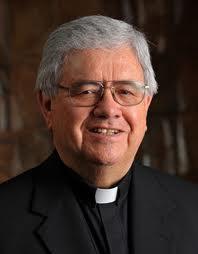
“His announcement is a real witness to the Pope’s wisdom, sincerity and love of the Church,” said Rev. Virgil Elizondo, professor of pastoral and Hispanic theology. “As he stated, this was a very difficult decision to make. The next few days will be most interesting and crucial for the future of the Church.”
Contact: Rev. Virgil Elizondo, 574-631-4741, elizondo.2@nd.edu
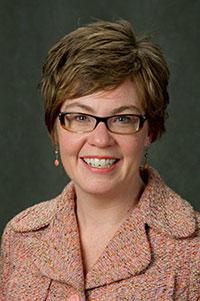
“Words such as ‘wow,’ ‘whoa!,’ and ‘stunning,’ have peppered my Facebook feed all morning,” saidKathleen Sprows Cummings,, associate professor of American Studies and director of theCushwa Center for the Study of American Catholicism. “But Pope Benedict’s announcement should not come as too much of a surprise. He himself said on a on a number of occasions that the pope has the right–and perhaps even the obligation–to resign should he feel unable to carry out the duties of his office.
“In light of his increasing frailty, the decision also reflects Benedict’s personality. For decades the world watched the long, slow decline of Pope John Paul II, who characteristically shared his suffering in a very public and poignant way. His successor, a scholar who has never been very comfortable in the limelight, has chosen to impart to the faithful a different lesson: how and when to make a courageous exit. Benedict’s announcement has sparked speculation as to a likely successor and prompted widespread debate over his legacy. Any assessment of the latter will require consideration of his singular achievements, as well as recognition that his papacy was marked by moments and actions far less grace-filled than the announcement of his departure.”
Contact: Kathleen Sprows Cummings, 574-631-8749,cummings.23@nd.edu
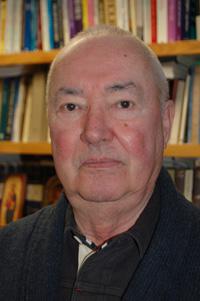
“Pope Benedict Benedict stepped down, through his letter, in accordance within the norms of canon law,” saidLawrence Cunningham, John A. O’Brien Professor emeritus of theology and 2012 Spirit of Holy Cross Award recipient. “He did it freely and whilecompos mentis. A papal resignation is not unprecedented; there are historical examples, such as Piope Celestine V in the 13th century, and we know that Pope Paul VI thought about resignation.
“What Benedict has done sets a contemporary example for future popes: when unable to bear the rigors of the office retire. The church needs to think about orderly procedures for those occasions when the pope becomes ill and unable to make a decision about resignation – as of now, there are not clear procedures for this possibility. Benedict’s decision may precipitate such a consideration.”
Contact: Lawrence Cunningham, 574-233-5492,cunningham.1@nd.edu
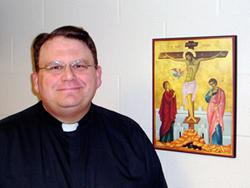
“Since April of 2005, the Church has been blessed with a chief shepherd whose pastoral vision was deeply rooted in the living tradition of the Church,” saidRev. Msgr. Michael Heintz, director of theMaster of Divinity Programin theDepartment of Theology. “He was one of the greatest theologians to be elected to the see of Rome, and yet had a remarkable gift for communicating the profound truths of the faith in a way that both appealed to contemporary men and women and at the same time invited them to enter more deeply into relationship with Jesus Christ.”
Contact: Rev. Msgr. Michael Heintz, 574-631-5682,mheintz1@nd.edu
Originally published by at newsinfo.nd.edu on February 11, 2013.

